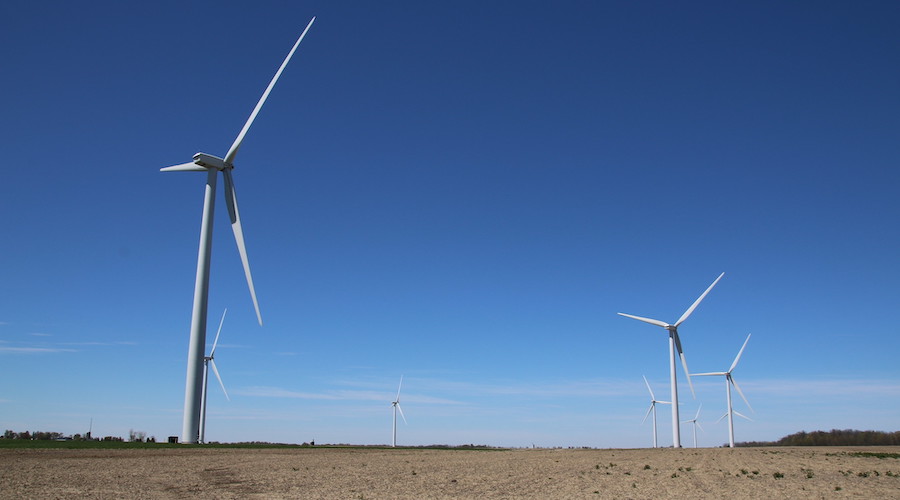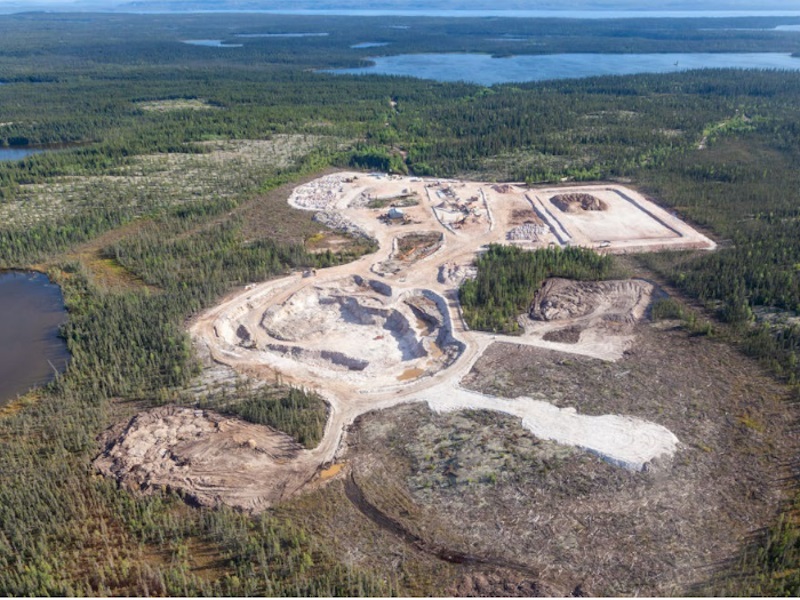The survey also shows that over seven in ten Liberal, National Democratic Party and Green Party supporters feel this way, as do four in ten Conservative Party adherents.
The poll also asked participants to share their views on the renewable energy market and two-thirds responded that ‘green’ systems are more secure – that is, prices and supply seem less influenced by goal markets.
This view is shared by a majority in every region or province, including in Alberta. Over three in four Liberal, NDP, and Green Party supporters feel this way, as do half of Conservative Party supporters.
“Increasingly, Canadians see that the transition to clean energy is not only an economic opportunity—but an opportunity to lower their energy bills. Canadians also recognize clean energy as more secure. This view reflects reality, as clean energy electricity rates are less beholden to global markets,” Trevor Melanson, communications director at Clean Energy Canada, said in a media statement.
The survey also asked Canadians about their level of knowledge of the US’s Inflation Reduction Act, which seeks to invest $370 billion into climate action to spur investment in clean energy and greenhouse gas emission reductions.
Under half of Canadians are aware of the law and when asked whether it is important or not for Canada to also invest in clean-energy-related economic opportunities, 83% said it is either very or somewhat important. Large majorities in every region of the country and across the political spectrum shared this view.
The method
The survey was conducted with 1,500 Canadian adults from November 25 to December 1, 2022. A random sample of panellists was invited to complete the survey from a set of partner panels based on the Lucid exchange platform.
The margin of error for a comparable probability-based random sample of the same size is +/- 2.5%, 19 times out of 20.
The data were weighted according to census data to ensure that the sample matched Canada’s population according to age, gender, educational attainment, and region.




